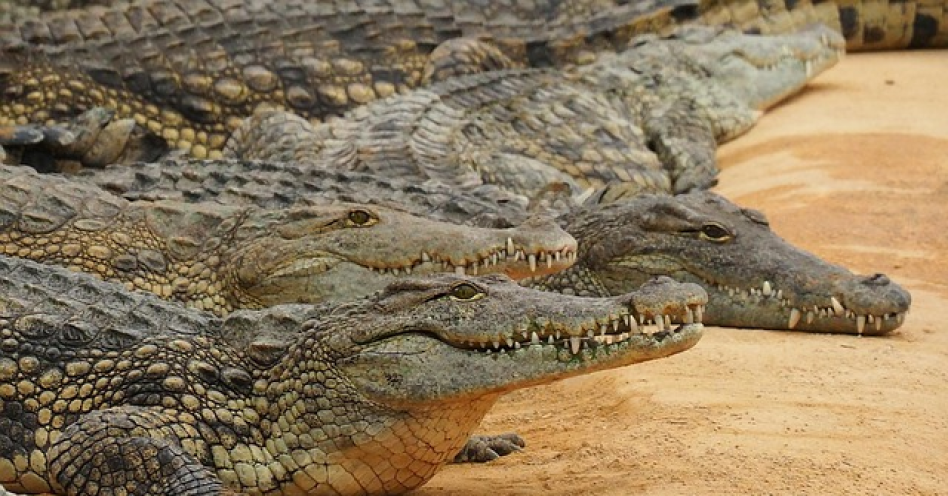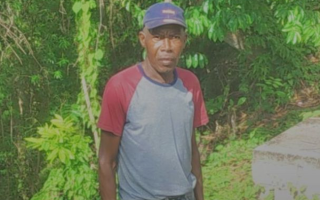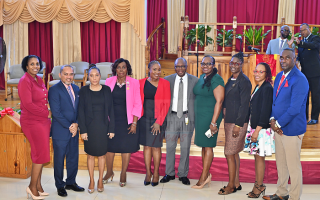Heat exhaustion likely cause of crocodiles’ death, says expert
Article By: Old Harbour News

Damion Whyte, Jamaica’s foremost wildlife scientist and a leading authority in the field, shared his assessment with Old Harbour News after the reptiles were discovered dead last week at the National Water Commission (NWC) Greater Portmore sewage facility.
State Minister for Water Matthew Samuda has since ordered an investigation, with findings to be made public. Under a special permit issued by the National Environment and Planning Agency (NEPA), the NWC is required to prioritize the animals’ safety.
Whyte, a terrestrial biologist, identified several critical errors in the handling of the situation that may have led to the crocodiles’ demise.
“Crocodiles are cold-blooded, meaning they rely on external temperatures to regulate their body heat,” he explained. “Unlike humans, who can sweat to cool down or seek warmth when cold, crocodiles bask in the sun to warm up and retreat to water or shade when temperatures rise above 30–33°C.”
A preliminary NWC report indicated that the crocodiles were removed before the pond was drained. However, they apparently returned to the now-empty pond and became trapped.
Whyte noted that the pond’s plastic lining prevented the reptiles from climbing out. “Unable to escape, they overheated and died,” he said, outlining what he believes was the most probable scenario.
He also highlighted a breach in protocol, as no one monitored the facility after the initial removal. “Had someone checked, they would have noticed the issue and alerted NEPA,” Whyte emphasized. “We know they died from overheating and lack of food.”
To prevent future incidents, Whyte stressed the need for strict adherence to NEPA’s permit conditions, including regular monitoring. “If ponds are drained, placing pallets inside could provide an escape route for the crocodiles,” he suggested.
The deaths have sparked local and international outrage, with scientists and the public calling for stronger safeguards.
“There are lessons to be learned from this tragedy,” Whyte said. “Community members spotted the dead crocodiles and reported it. Monitoring is essential to ensure this never happens again.”
























